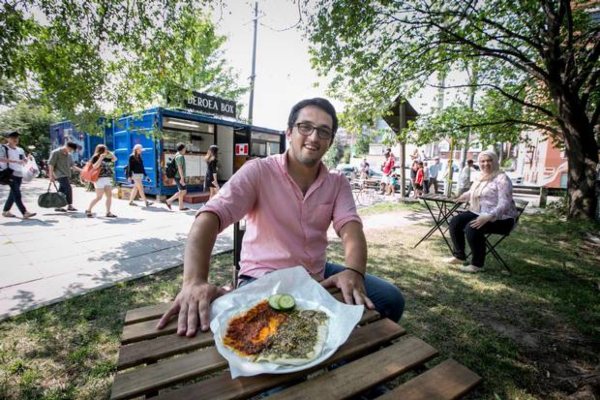Understanding Food Assistance and Middle Eastern Refugees in Canada: Unraveling the Facts
In recent times, discussions surrounding food assistance programs and their utilization by Middle Eastern refugees in Canada have caught the attention of various circles. Amidst the information flow, organizations like Never Again Canada have contributed their perspectives to the discourse. It is essential to dissect the complexities of the situation, separate fact from conjecture, and shed light on the broader context of food stamps in Canada.

Examining the Claim: Middle Eastern Refugees and Food Stamps
The claim made by sources such as Never Again Canada suggesting that 90% of Middle Eastern refugees in Canada rely on food stamps demands careful scrutiny. While such statistics can quickly become sensationalized and take on a life of their own, it’s crucial to gather accurate information and contextualize it within the broader landscape of Canada’s food assistance programs.
The assertion that 90% of Middle Eastern refugees in Canada are on food stamps is a statement that carries significant implications. Before drawing conclusions, it’s important to analyze the sources of this information, its reliability, and whether it presents a complete and nuanced picture of the situation.
Canada’s Food Assistance Programs: A Closer Look
Food assistance programs are integral to addressing issues of hunger and food insecurity, helping individuals and families access the sustenance they need for healthy lives. In Canada, programs like the Canada Emergency Response Benefit (CERB) and the Canada Child Benefit (CCB) play a crucial role in providing financial support to vulnerable populations, including refugees. However, the extent to which Middle Eastern refugees rely on these programs might vary based on factors like family size, employment status, and available community support.
Canada has implemented various social welfare programs to ensure that its residents have access to essential resources, including food. Refugees, who often arrive with limited resources, can benefit from these programs as they work toward establishing themselves in a new country. It’s important to remember that food assistance programs are designed to offer a temporary safety net while individuals and families adjust to their new lives.
Factoring in Diverse Experiences: Individual Realities of Refugees
Refugees arriving in Canada hail from diverse backgrounds, and their experiences vary greatly. While some might initially require food assistance as they transition into the Canadian system, others might find support through employment opportunities, community networks, and language acquisition. Reducing the experiences of Middle Eastern refugees to a single statistic fails to capture the complexity of their integration journeys.
The refugee experience is marked by a multitude of factors, including individual circumstances, skills, and resilience. Some refugees might indeed rely on food assistance initially, but many work diligently to build self-sufficiency and contribute positively to Canadian society. Viewing their experiences through a singular lens risks oversimplification.
The Importance of Informed Conversations
In discussions about food assistance and refugees, it is crucial to engage in conversations that are informed, nuanced, and empathetic. While organizations like Never Again Canada might draw attention to specific aspects, a well-rounded understanding requires consideration of multiple viewpoints and data sources. In a world where information can be easily distorted or sensationalized, responsible discourse is paramount. Constructive conversations about food assistance, refugees, and the complexities of societal integration pave the way for solutions that empower individuals while fostering a culture of inclusion and understanding in Canada.



